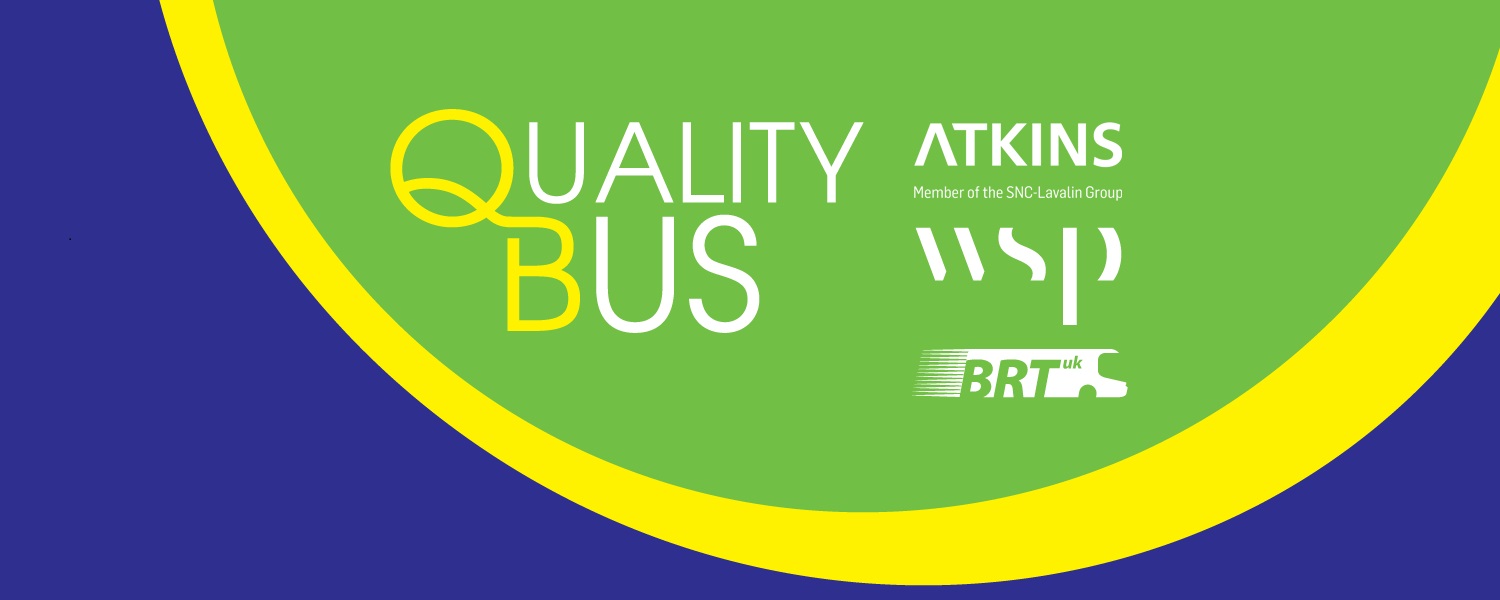
Rajinder Sharma, Podaris Partnerships and Business Development Manager, recently attended the “Quality Bus 2021 - Buses: Building Back Better” seminar, hosted by Landor LINKS. This seminar brought together local authorties, transport operators, and other key stakeholders, to discuss recovery from the pandemic in the context of the bus sector.
Prior to Covid, the Bus Services Act had aimed to create a well-functioning bus network, improving connectivity and tackling socio-economic exclusion. Obviously the pandemic has created significant long-term uncertainty for both ridership and budget forecasts. Yet as the pandemic threat begins to recede, the pre-existing problems around quality of environment, place, community, and economic resilience are coming back into focus. As the sector begins its Covid recovery and transition, this will entail many acts of necessary reinvention, bringing the opportunity to address these longstanding issues.
A number of keynote presentations closely aligned with how Podaris is already being used to address these challenges.
Patrick Warner, Head of Innovation at Brighton & Hove Metrobus outlined the importance of buses in supporting economic regeneration. He claimed that this would require ambitious infrastructure improvements to help speed up buses, and that bus operators would need to work more closely with regional stakeholders.
Alison Edwards - Head of Policy at Confederation of Passenger Transport (CPT) noted that strong messaging would be needed to bring customers back, as human behaviour is difficult to determine. Local Authorities and Transport Operators will need to work well together. There will need to be a transitional phase, to help define a more permanent situation.
Angela Hosford, Head of Sprint, Transport for the West Midlands (TfWM) gave an overview of Sprint. This will be the first uninterrupted bus priority corridor of its kind, representing an exciting addition to the West Midlands integrated transport network.
Pam Turton, Assistant Director, Portsmouth City Council presentation focused on the South East Hampshire Rapid Trust (SEHRT). The aim is to transform the way people travel between Portsmouth and surrounding towns by enhancing existing public transport services through new and improved bus priority routes making bus travel an attractive option.
These speakers highlighted some of the many opportunities that the Covid recovery will create – but it was also clear that such ambitious schemes could be challenging to implement, with key challenges being the inter-operator collaboration required to develop new infrastructure and services, as well as the stakeholder buy-in needed to ensure political support and, eventually, ridership – as well as to take advantage of the economic regeneration opportunities afforded by new transport developments.
In fact, Podaris is already being used to collaboratively re-envision bus networks, in large-scale strategic planning exercises that are bringing together planning consultancies, regional bodies, and local authorities to plan the post-Covid transport networks throughout the UK and beyond. Soon, millions of people will benefit from having transport services that have been planned in a more integrated fashion than would previously have been possible. We will be publishing case studies about this work as soon as we are able.
In the meantime, we are heartened to see the industry having open and honest conversations about the challenges it faces – and we look forward to being a partner in turning those challenges into opportunities.